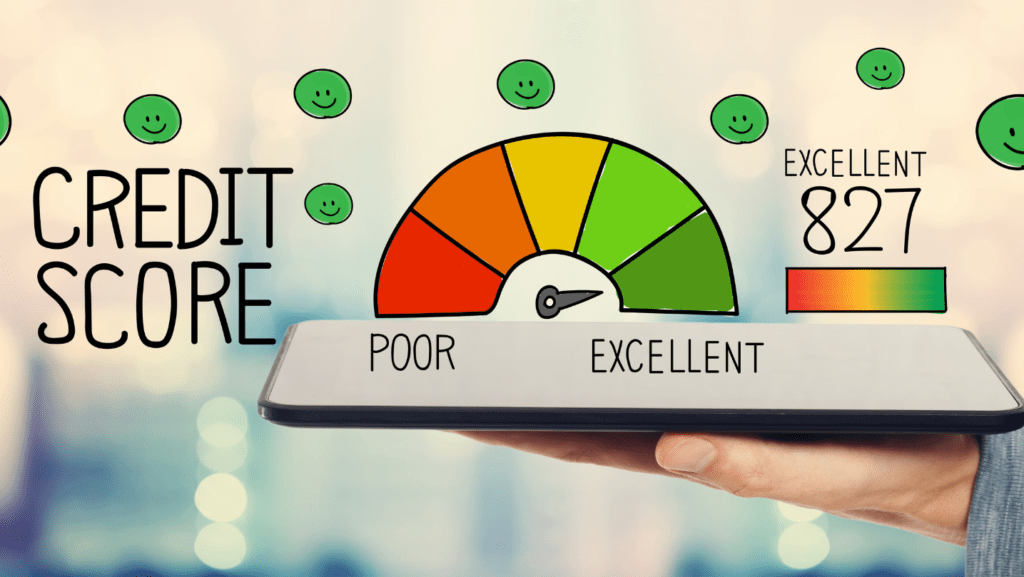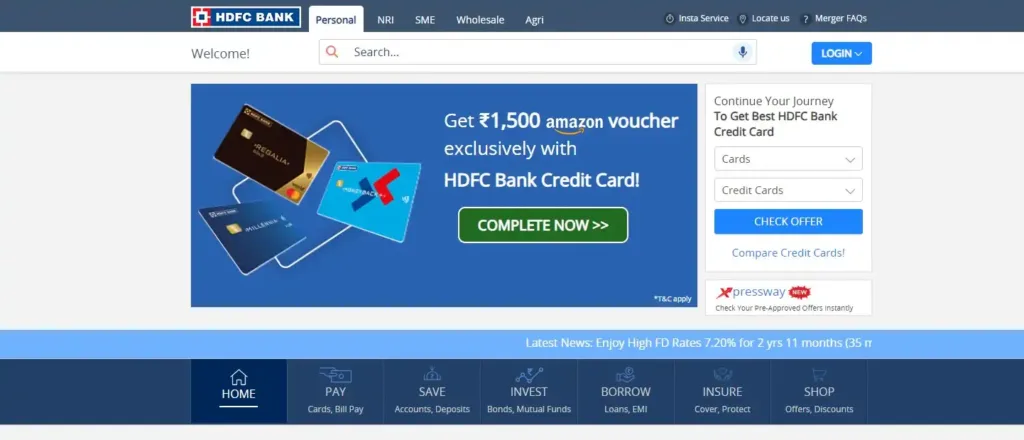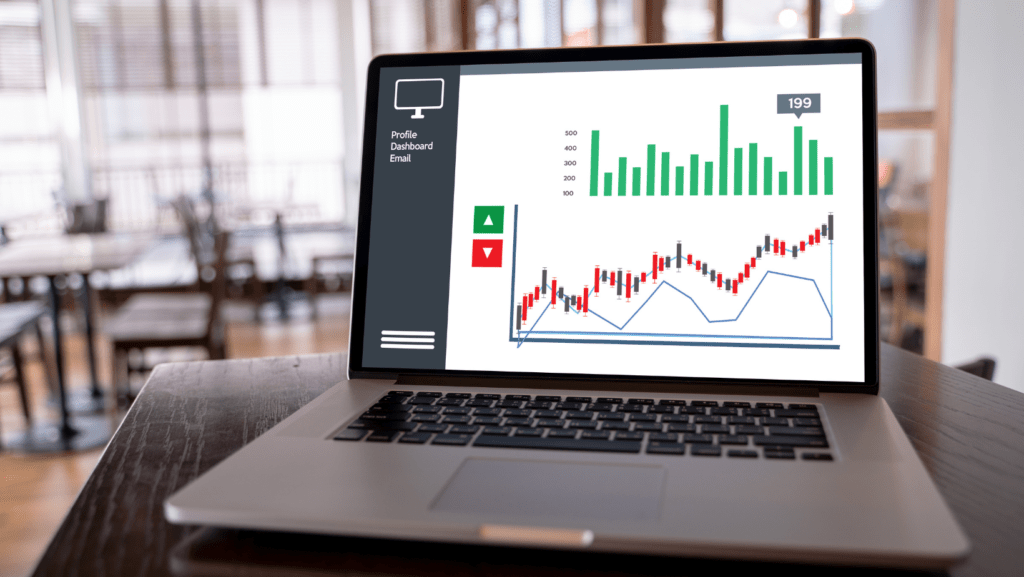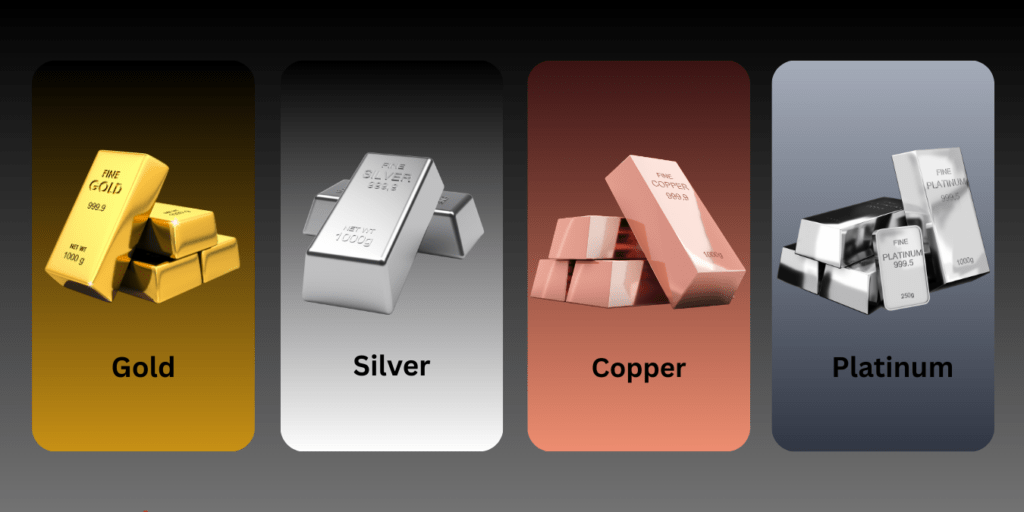
Worried your EMI wasn’t deducted on the due date? Learn why it happens (low balance, technical glitches, holidays), potential penalties, and immediate steps to avoid late fees. Check how to rectify missed EMIs with your bank and protect your credit score. Act now to prevent financial hiccups!
Equated Monthly Instalments (EMIs) have become a popular way for Indian professionals to manage large purchases, such as homes, cars, electronics, or personal expenses. EMIs allow you to spread the cost of a loan over a specified period, making it easier to budget and plan finances. However, what happens if your EMI amount is not deducted from your bank account on the scheduled due date? This situation can be confusing and stressful, potentially leading to financial repercussions if not addressed promptly. In this comprehensive guide, we’ll explore the reasons behind EMI non-dedication, the consequences, and actionable steps to resolve the issue, and preventive measures to ensure timely EMI payments; this blog post is designed to help Indian professionals navigate this financial challenge effectively.
Understanding EMI and Its Importance
An Equated Monthly Instalment (EMI) is a fixed monthly payment made by a borrower to a lender to repay a loan, covering both the principal amount and interest over a specified tenure. EMIs are commonly associated with personal loans, home loans, car loans, debit card EMIs, and credit card EMIs. In India, banks and Non-Banking Financial Companies (NBFCs) like HDFC Bank, SBI, Bajaj Finance, and ICICI Bank offer flexible EMI options to suit diverse financial needs.
Timely EMI payments are crucial for maintaining a healthy credit score, typically measured by the CIBIL score in India, which lenders use to assess your creditworthiness. Missing an EMI payment or facing non-deduction issues can lead to penalties, increased interest charges, and a negative impact on your credit profile. Let’s dive into why your EMI might not be deducted and what you should do about it.
Why Is My EMI Not Deducted on the Due Date?
Several factors can cause an EMI to not be deducted from your bank account on the scheduled date. Understanding these reasons is the first step to addressing the issue effectively. Based on the latest information available, here are the most common causes:
- Insufficient Funds in the Linked Bank Account
One of the primary reasons for EMI non-deduction is insufficient balance in the account linked to the NACH (National Automated Clearing House) mandate. If your account lacks the required funds on the due date, the auto-debit will fail. Ensure you maintain sufficient funds a few days before the EMI date to account for processing delays. - Inactive or Incorrect NACH Mandate
The NACH mandate authorizes your bank to deduct the EMI automatically. If the mandate is inactive, expired, or linked to an incorrect account, the deduction will not occur. This can happen if you’ve changed your bank account or if the mandate was not set up correctly. - Bank Holiday on the EMI Due Date
If the EMI due date falls on a bank holiday, the deduction is typically deferred to the next working day. In such cases, no late payment charges are usually applied, but you should confirm with your lender. - Technical Glitches at the Lender’s or Bank’s End
Technical issues, such as system errors at the lender’s or bank’s end, can prevent EMI deductions. This could be due to server downtime, out dated account details, or issues with the payment gateway. - Incorrect Bank Account Details
If the bank account details provided to the lender are out dated or incorrect (e.g., wrong account number or IFSC code), the EMI deduction will fail. This is common when borrowers switch banks or accounts without updating the lender. - Loan Account Issues
In some cases, the lender may not have executed the command to debit the EMI due to internal errors, such as discrepancies in the loan account or issues with the loan disbursement schedule. - Prepayment or Advance Payments
If you’ve made advance payments or prepaid a portion of your loan, some lenders may pause EMI deductions temporarily. However, this depends on the lender’s policy and whether the prepayment was applied to the principal or future EMIs.
Consequences of EMI Non-Deduction
Failing to address an EMI non-deduction promptly can lead to several financial and legal consequences. Here’s what you need to know:
- Late Payment Charges and Penalties
Most lenders impose late payment charges for missed EMIs, typically ranging from 1-2% of the outstanding EMI amount. These charges vary based on the loan agreement and lender policies. For example, Bajaj Finance and HDFC Bank may charge penalties that add to your financial burden. - Negative Impact on CIBIL Score
A missed EMI, even if due to non-deduction, can lower your CIBIL score by 50-70 points. Credit bureaus like CIBIL track payment history, and a single missed payment can signal financial distress, making it harder to secure future loans or credit cards. If the non-deduction persists for 90 days or more, it may be reported as a default, further damaging your creditworthiness. - Increased Interest and Finance Charges
When an EMI is not deducted, interest continues to accrue on the outstanding loan balance, increasing the overall cost of the loan. This can lead to a debt trap if not addressed promptly, as compounded interest accumulates over time. - Legal Action or Asset Seizure
For secured loans like home loans or car loans, repeated EMI non-deductions can lead to legal action or asset seizure. For instance, if you default on a loan against property, the lender may seize the collateral. Unsecured loans, such as personal loans, may result in legal proceedings or wage garnishment. - Persistent Notifications or Glitches
Some borrowers report receiving repeated standing instruction failure messages even after manually paying the EMI. This could be a technical glitch but may still be reported as a late payment, potentially affecting your credit score.
What to Do If Your EMI Is Not Deducted
If your EMI is not deducted on the due date, act quickly to minimize the impact. Here are actionable steps to resolve the issue:
- Check Your Bank Account
Verify that your linked bank account has sufficient funds. If the balance is low, deposit the required amount immediately to avoid further delays. Log in to your online banking portal or mobile app to confirm the account status. - Review Your NACH Mandate
Check the status of your NACH mandate through your lender’s app or website. For example, PaySense allows users to verify NACH status on their app. If the mandate is inactive or linked to an incorrect account, contact your lender to update it. - Manually Pay the EMI
Most lenders, such as Bajaj Finance, HDFC Bank, and Tata Neu, allow manual EMI payments through their online portals or apps. Log in to your lender’s portal, select the option to pay the overdue EMI, and complete the transaction. For instance, Tata Neu users can navigate to the “Finance” section to pay EMIs manually. - Contact Your Lender Immediately
Reach out to your lender’s customer service team to understand why the EMI was not deducted. Provide your loan account number and ask for clarification on any technical issues or account discrepancies. Lenders like Bajaj Finance offer tools like the EMI payment check to track payment status. Keep records of all communications for future reference. - Visit the Nearest Branch
If online or phone support doesn’t resolve the issue, visit your lender’s nearest branch. For example, HDFC Bank suggests depositing cash at a customer desk branch if the auto-debit fails. Carry your loan account number and identification for a smooth process. - Submit a Cheque
If manual payment options are unavailable, provide a cheque with the EMI amount and your loan account number written on the back. Retain a copy of the cheque and obtain an acknowledgment from the lender. - Request an EMI Moratorium or Restructuring
If you’re facing financial constraints, contact your lender to discuss options like an EMI moratorium or loan restructuring. During the COVID-19 pandemic, many borrowers opted for moratoriums, which deferred EMI payments while interest continued to accrue. Discuss lowering the EMI amount or extending the loan tenure to ease the burden.
Preventive Measures to Avoid EMI Non-Deduction
To ensure your EMIs are deducted seamlessly, adopt these best practices:
- Maintain Sufficient Funds
Always keep adequate funds in your linked bank account a few days before the EMI due date. Set reminders to check your balance regularly. - Update Bank Details
If you change your bank account, inform your lender immediately to update the NACH mandate. Double-check account details to avoid errors. - Use EMI Calculators
Use online EMI calculators from platforms like ClearTax, BankBazaar, or Bajaj Finance to plan your repayments. These tools help you understand your monthly obligations and budget accordingly. - Choose a Comfortable Tenure
Opt for a loan tenure that aligns with your financial capacity. Longer tenures reduce monthly EMIs but increase total interest, while shorter tenures have higher EMIs but lower interest costs. - Leverage Digital Payment Apps
Use apps like PayZapp by HDFC Bank to make instant EMI payments and avoid delays. These apps streamline the payment process and provide confirmation alerts. - Monitor Your Credit Report
Regularly check your CIBIL report to ensure missed payments or glitches are not reported incorrectly. Dispute any errors with the credit bureau promptly.
Latest Trends and Insights
Digital banking and UPI-based EMI payments are gaining traction in India, offering seamless repayment options. RBI’s Financial Literacy Week 2022 emphasized the importance of secure digital transactions, encouraging borrowers to use apps like Bajaj Pay UPI for EMI payments. Additionally, debit card EMIs have become popular, with banks like HDFC, SBI, and Axis offering pre-approved overdraft facilities for purchases. These facilities don’t require a full balance upfront, making them accessible for professionals with limited savings.
The rise of No Cost EMI options on platforms like Amazon.in has also simplified financing, especially for consumer durables. However, borrowers must be cautious, as cancellations or returns may incur pre-closure charges from banks.
Final Thought
If your EMI is not deducted on the due date, it’s critical to act swiftly to avoid penalties, credit score damage, and potential legal action. By checking your account, contacting your lender, and making manual payments, you can resolve the issue effectively. Preventive measures, such as maintaining sufficient funds and using digital tools, can ensure smooth EMI deductions in the future. For Indian professionals, staying informed about loan repayment processes and leveraging tools like EMI calculators and digital payment apps is key to financial discipline. Prioritize timely EMI payments to build a strong credit profile and secure better financial opportunities.
Disclaimer: The information provided is for educational purposes and based on general practices. Always refer to your loan agreement and consult your lender for specific terms and conditions.

















































